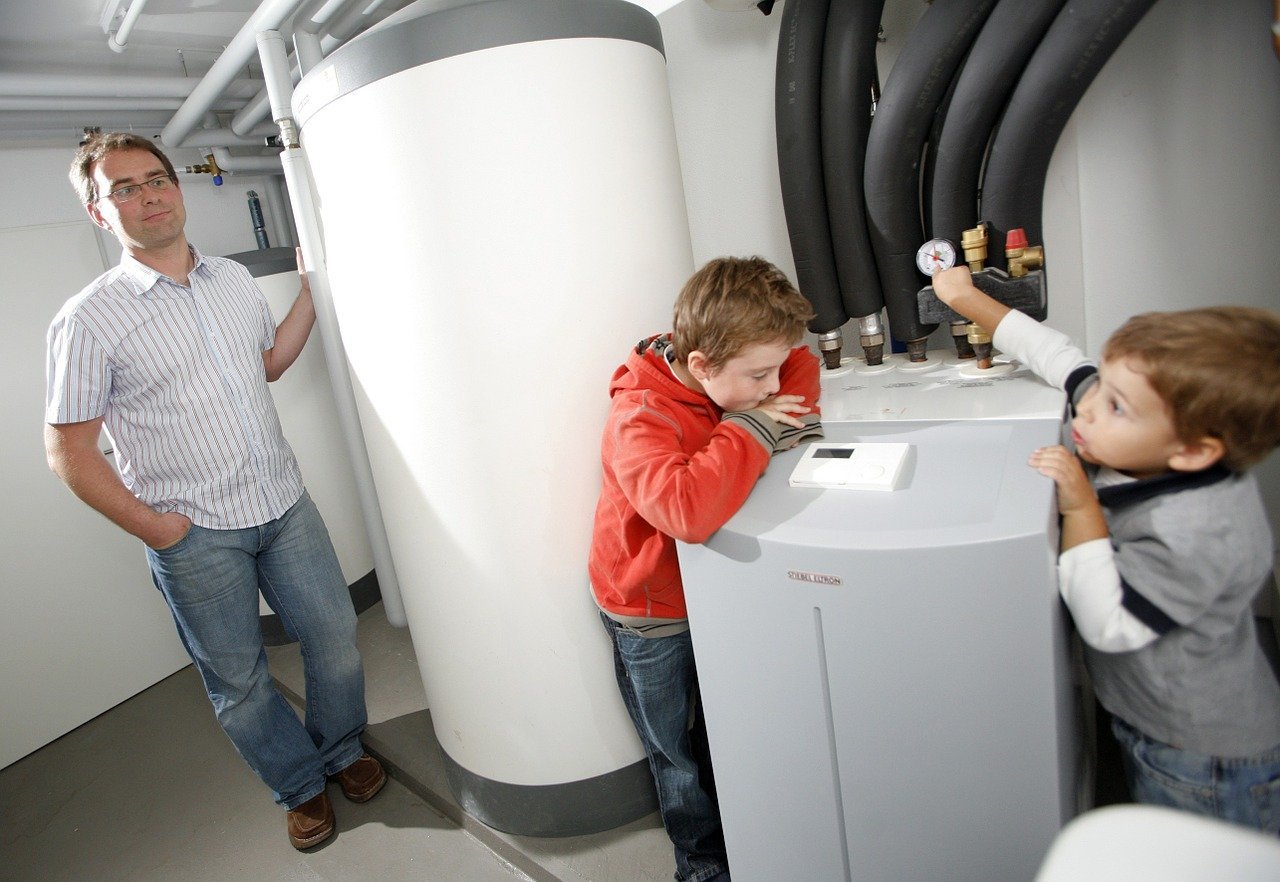Heat decarbonisation is one of the main credibility gaps in the UK’s net-zero ambition. Six times more customers are being connected to the gas grid each year than took up low carbon heating in 2019. There is a ‘need for speed’ to get on track for net-zero:
- The Government needs to deliver existing policy commitments and manifesto funding pledges relating to energy efficiency in stimulus plans, the Infrastructure Strategy and Spending Review, link this to heat decarbonisation, and deploy a further £0.5 billion per year to 2030 to drive the take-up of energy efficiency improvements by able to pay households.
- The two-year £100 million Clean Heat Grant for heat pumps announced at Budget, slated to commence in April 2022, needs to be brought forward to today as a stimulus measure, deployed as a ‘fossil-for-clean’ heating system scrappage scheme, conditional on basic energy efficiency measures, and offered to consumers as an alternative to the Renewable Heat Incentive.
- The Government’s Heat and Buildings Strategy, expected later this year, needs to set a medium-term goal to reduce today’s heat-related emissions by 50% by 2030, with a commensurate policy framework spanning governance, learning, innovation, skills and regulation, accompanied by a financing plan.
- The delayed Spending Review needs to fund successors to the Heat Networks Investment Project, the RHI and a brought-forward Clean Heat Grant, at a level that enables the UK to meet the 2030 goal – in our estimation £2.3 billion investment additional to today’s level of support – deployed primarily to reduce the up-front capital costs of heat pumps households face, and bringing it into line with peers such as Austria, France and the Netherlands.



